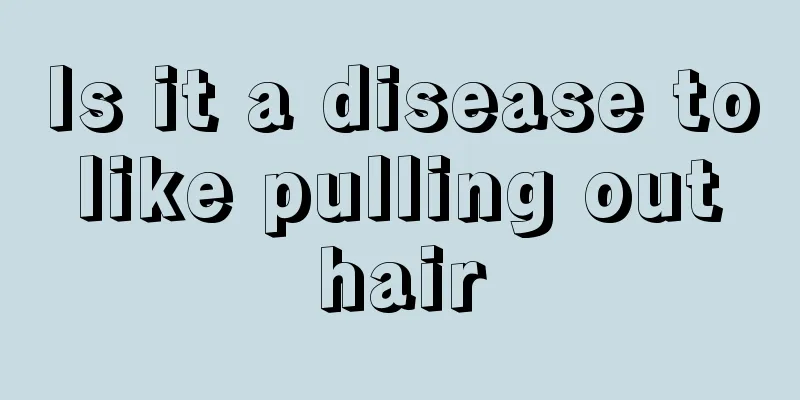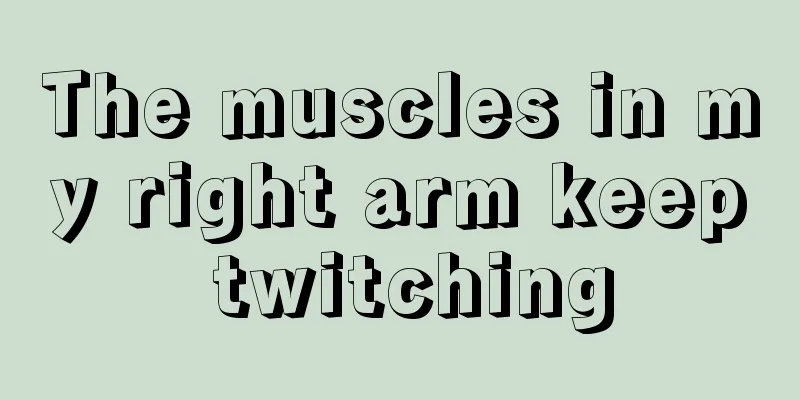Is it a disease to like pulling out hair

|
Although it may seem normal to like pulling one's hair, it is actually a mental illness, medically known as trichotillomania. If you find yourself or your child having such symptoms, you must adjust your mentality in time and cooperate with some medical treatments when necessary to get rid of the influence of trichotillomania as soon as possible and have better habits and a more sound mental state! 1. Basic understanding Trichotillomania is a mental illness, which may be caused by psychological factors such as mental stress and anxiety or family factors. In the International Classification of Diseases (10th edition) compiled by the World Health Organization, this disease is classified as the habit and impulse control disorder part of mental behavioral disorders. The characteristic feature is impulsive hair pulling resulting in hair loss, which is not a response to delusions or hallucinations. There is often a sense of increased tension before plucking, and a feeling of relief or satisfaction afterward. 2. Etiology Psychological factors The cause of this disease is unknown. Some people believe that it is related to anxiety and depression, while others believe that it is related to negative psychological factors, especially improper handling of the mother-child relationship. Generally, patients with trichotillomania have triggers that cause emotional instability before the onset of the disease, such as the need to be separated from their parents, or because of excessive study pressure, being criticized by teachers, being beaten by parents, or their parents have unstable personalities, overly strict discipline, and lack of family love and care. Curious Imitation This behavior is often driven by love of beauty, imitation, or curiosity. Some children are afraid that their forearms will become hairy due to excessive hair growth, so they pluck the hair out. Children who are nervous about studying often scratch their heads and think hard when they encounter difficult problems. Gradually, they develop a habit of scratching their heads and even pulling their hair out every time they solve a problem. Gene formation In one study, mice injected with a gene suspected of causing trichotillomania began to compulsively pull out their own hair and the hair of other mice in their cage. This suggests that trichotillomania may be genetic and passed down from generation to generation. Trichotillomania is a mental illness and a type of obsessive-compulsive disorder in which the patient consciously or unconsciously pulls out his or her hair, eyebrows, beard, armpit hair or pubic hair. The disease can occur in both men and women, but is more common in women. It is more common in adolescents and children, generally 4-10 years old, and is especially common in mentally retarded children. Adult patients account for about 10%. 3. Medical Treatment There is no specific treatment for this disease so far. It is generally believed that children with this disease will recover on their own as they grow older. Few parents consider trichotillomania to be a behavioral disorder, so fewer children seek medical attention for it. Some children also pluck their eyebrows and the hair on their arms and faces. Such patients should be given correct education and guidance, develop good living habits, and receive psychological support therapy. For children with psychological causes, possible psychological causes should be eliminated as much as possible and tension should be relieved. For children with problems, in addition to psychological treatment, family therapy, behavioral therapy, etc. should also be strengthened. In addition, drug treatment can also be carried out. You can try a small dose of fluphenazine 1-2 mg, 1-2 times a day. Generally, start with a small amount and gradually increase the amount. After the effect appears, there is no need to increase the amount. It must be used under the close observation of a physician. Attention should also be paid to extrapyramidal side effects, and Antan may be added. |
<<: What diseases can long-term anger cause
>>: What disease is fever, headache and vomiting
Recommend
Does rambutan cause internal heat? What are the effects of rambutan
Speaking of rambutan, I believe most people have ...
Treatment of rectal cancer
Different types of rectal cancer patients receive...
How to replenish kidney yin deficiency?
The phenomenon of kidney yin deficiency requires ...
What ointment should I use for black corners of mouth
Many people will find in life that boys will grow...
Knee pain from hiking
There are many ways people can choose to exercise...
Who can't eat beef bone marrow
Beef bone marrow is a food ingredient with relati...
Calf fracture healing time and rehabilitation treatment
A broken calf is a very painful experience and re...
What are the symptoms of being nervous?
In life, we often encounter some things that make...
Analyze the common factors related to the causes of nasopharyngeal carcinoma
The nasopharynx is a place where lesions easily o...
What is the reason for sweating at night?
Everyone knows that people are busy all day long....
How to make kiwi fruit soft
Kiwi is a treasure among fruits. It not only tast...
Why do my eyes itch when I have a cold?
Colds are a common disease in normal times. There...
What is the appropriate height for a latex pillow
In order to have a good sleep quality and protect...
Early symptoms and exercise for patients with nasopharyngeal carcinoma
Once you have nasopharyngeal cancer, you must see...
Two types of gallbladder cancer classification
Primary gallbladder cancer is more common in wome...









